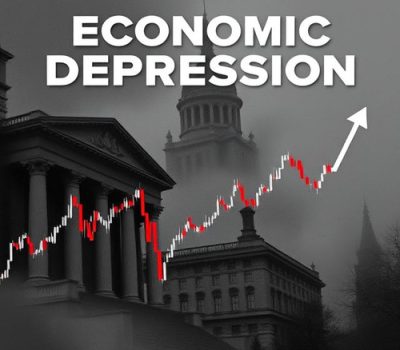
We’ve all heard the term “recession,” a significant dip in economic activity. But lurking in the shadows, a more severe and prolonged downturn exists: “an economic depression”. When people hear the word “depression,” most think of the stock market crash of 1929, breadlines, and the Great Depression.
While most of us have lived through recessions, economic depressions are far rarer and more severe events that reshape societies and personal finances alike. But what exactly constitutes an economic depression, and how might it affect your everyday life? Let’s break it down.
WHAT IS AN ECONOMIC DEPRESSION?
An economic depression is a long-lasting and severe downturn in economic activity. Think of it as a recession on steroids. While recessions are relatively common and typically last for a few months, depressions are rare and can last for years, leading to deep and widespread impacts on employment, income, trade, production, and investment.
There’s no official checklist that declares a depression, but key indicators include:
- Dramatic GDP contraction (typically 10% or more).
- Unemployment rates would soar to 20-25% or higher.
- Banking system failures and credit freezes.
- Widespread business closures.
- Sharp declines in trade and global commerce.
- Duration stretching for years rather than months.
HISTORICAL EXAMPLES
History offers stark reminders of the devastating impact of economic depressions:
THE GREAT DEPRESSION (1929-1939)
This remains the most infamous example. Triggered by the stock market crash of 1929, it led to unprecedented unemployment rates (reaching 25% in the US), widespread poverty, bank failures, and a decade of immense hardship. Global trade plummeted, and the effects were felt worldwide.
OTHER HISTORICAL DEPRESSIONS
While less globally impactful, various countries have experienced their own severe economic depressions throughout history, often linked to financial crises, political instability, or the aftermath of wars. These periods consistently demonstrate the profound societal and individual consequences of such deep economic collapses.
THE CRITICAL DIFFERENCES: RECESSION VS. DEPRESSION
It’s easy to confuse the two, but scale and duration are the key differences.
Recessions are like catching a seasonal flu—uncomfortable, potentially serious, but generally manageable with the right care and typically resolving within a predictable timeframe.
Depressions are more like major pneumonia—severe, potentially life-threatening, requiring intensive intervention, and leaving lasting effects even after recovery.
While recessions are officially defined as two consecutive quarters of negative GDP growth, depressions lack a universal technical definition. Economists generally agree that depressions involve GDP declines exceeding 10%, unemployment above 20%, and effects lasting three or more years—essentially, a recession on steroids that transforms from cyclical downturn into structural crisis.
HOW WOULD A DEPRESSION IMPACT YOUR DAILY LIFE?
- Job Security Vanishes
Mass layoffs become commonplace, making it incredibly difficult to find new employment. Your current job, regardless of industry, could be at risk. - Savings Depletion
With income drying up, people might burn through savings quickly. - Asset Values Crash
Stock portfolios, retirement accounts, and home values may plummet. - Bank Failures and Credit Freezes
Loans, mortgages, and credit cards become harder to obtain. - Debt Becomes Crushing
Even manageable debt can become overwhelming if you lose your income or face reduced wages. Foreclosures and bankruptcies soar. - Psychological Stress
Long-term financial uncertainty can strain mental health, relationships, and quality of life.
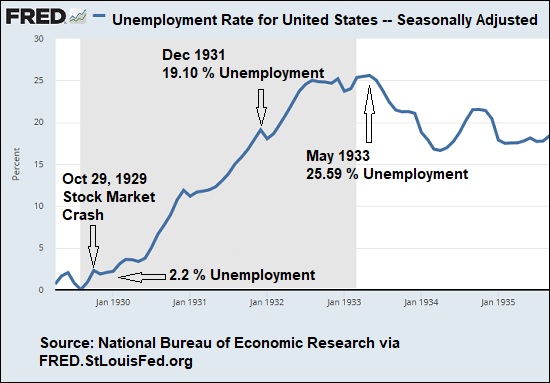
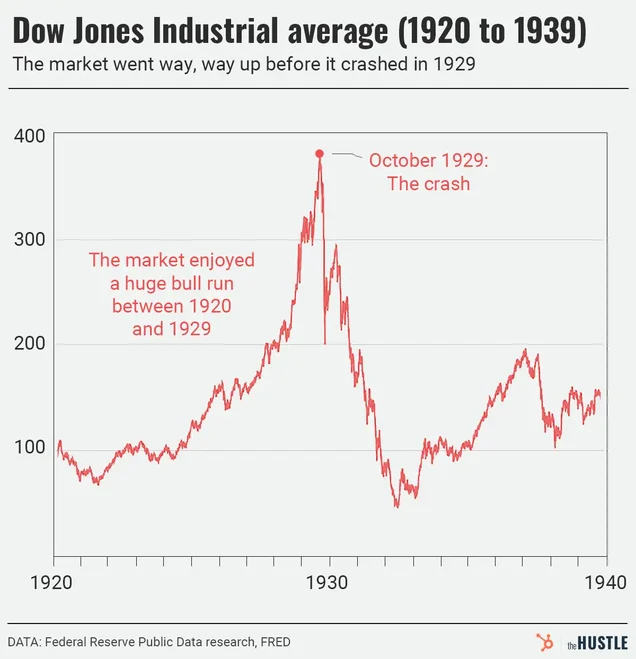
COULD IT HAPPEN AGAIN?
Modern economic safeguards—including federal deposit insurance, unemployment benefits, and central bank interventions—make a depression of 1930s magnitude less likely. However, these systems aren’t infallible, and new types of systemic risk continue to emerge.
The 2008 financial crisis demonstrated how quickly seemingly stable systems can approach the brink of collapse. Only massive government intervention prevented what many economists believe could have spiraled into a true depression. Similarly, the pandemic-triggered economic crisis of 2020 showed both the vulnerability and resilience of our economic systems.
PREPARING FOR THE UNTHINKABLE
While true depressions are rare, preparing for severe economic disruption remains prudent:
- Build an Emergency Fund
Aim for 6–12 months of expenses if possible. - Diversify Income Sources
Consider freelance work, side gigs, or passive income streams. - Aggressively Reduce Debt
Manage debt conservatively, particularly avoiding high-interest consumer debt. - Stay Invested Long Term
Don’t panic-sell in volatile markets—many fortunes were made by those who invested during downturns. - Live Below Your Means
Avoid lifestyle inflation; keep expenses manageable even during boom years. - Stay Informed and Adapt
Keep abreast of economic developments and be prepared to adjust your spending and financial strategies as needed. - Develop marketable skills
Develop skills that remain valuable even in dramatically changed economies. - Network and build a community
Build strong social networks – community resilience becomes vital during severe downturns.
THE BOTTOM LINE: UNDERSTANDING THE EXTREME
Even the Great Depression eventually ended. Economic systems, however damaged, do recover and adapt. What’s more, the suffering of the 1930s led directly to crucial reforms and safety nets that continue to protect us today.
Understanding what an Economic Depression truly means isn’t about fostering fear but developing perspective. With knowledge comes the ability to prepare rationally, spot early warning signs, and make informed decisions in changing economic landscapes.
Whether we face garden-variety recessions or something more severe in the coming decades, economic literacy remains one of your most powerful tools for navigating whatever challenges may come.

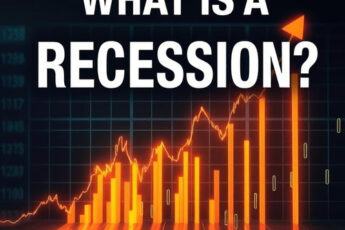

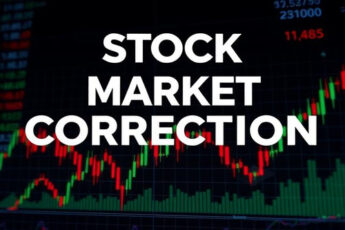
Leave a Comment